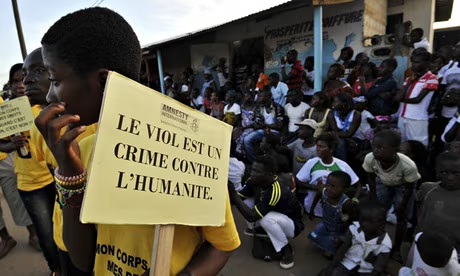Theme: Women in the changing world of work: Planet 50-50 by 2030
8 March 2017
Commemoration of the International Day of the Woman this year focuses on a pertinent subject matter which has been in the limelight of contemporary debates on women’s rights – the right to work and work-related rights.
This year’s theme brings to the spotlight the fact that women are increasingly active in every sphere of production and service delivery in society. More and more women are taking jobs which have been historically male-dominated, and in some cases performing their duties more effectively than their male counterparts. This raises the question of why women in many countries continue to be paid less than their male counterparts, for the same work.
A University of Oxford publication in 2015 entitled “Gender at Work in Africa: Legal Constraints and Opportunities for Reform” reveals that women’s participation in the labour force is high in many Sub-Saharan African countries, like Rwanda and Tanzania, but their employment is usually in the agricultural and informal sectors. The publication adds that, concerning access to “good jobs” in Africa, only an average of 15 per cent of women are employed full-time, compared to about 25% of men.
Mindful of the many human rights abuses and gender-based discrimination that continue to be perpetrated against women on the continent, the African Union has intensified its drive towards ensuring fair treatment of women, as seen in the emphasis it placed on the rights of women last year. In this same light, and noting the aspirations of the Sustainable Development Goals, in particular goals 4, 5 and 8, we at IHRDA seize this opportunity to re-affirm our commitment to supporting women’s rights across Africa.
We denounce:
- Gender-based discrimination and exploitation in the labour force;
- Policies that allow for unequal pay among men and women for the same work;
- The failure to promote women at their work places simply because they are women.
We equally call on African governments to:
- Adopt and enforce laws, policies and other measures which ensure that women enjoy more of their social and economic rights, especially with regard to work, as this is key to producing inclusive growth and resilient communities;
- Enforce measures for improved girl child education, so as to increase their chances of becoming professionals in various spheres, of adequately integrating into society, and of becoming more productive and more useful to their families and the society at large.




